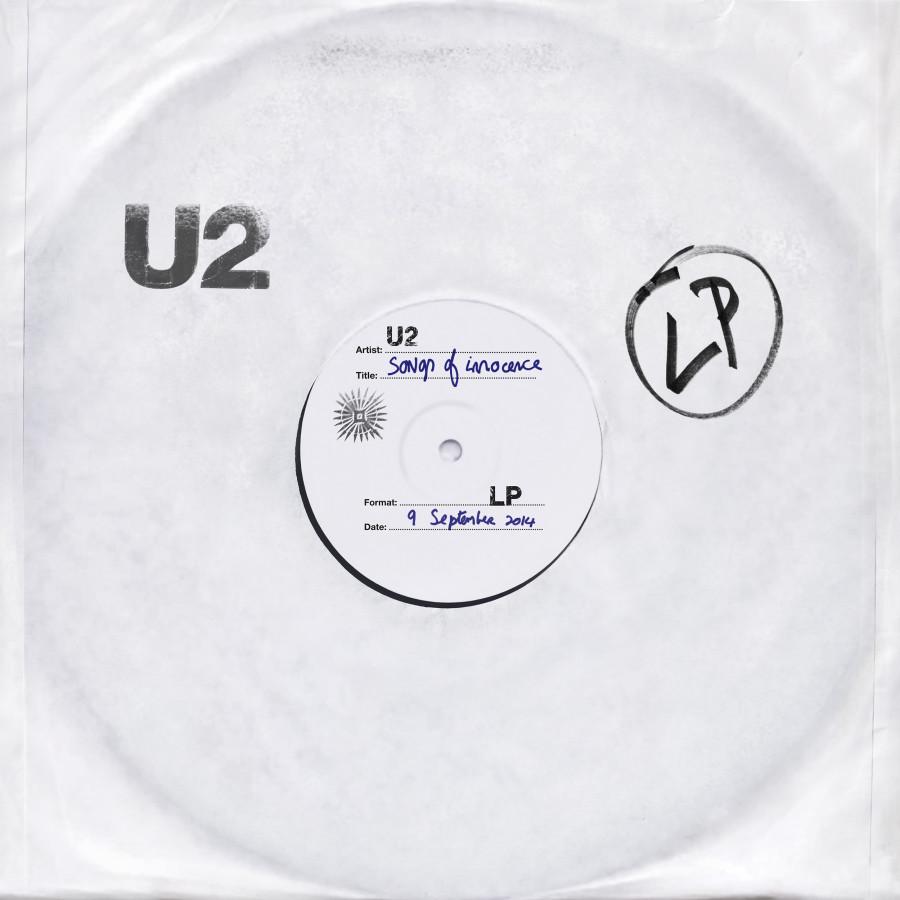U2: Songs of Innocence Not So Innocent?
The band U2 released their free album, Songs of Innocence, free on iTunes September 9 2014. However, there was a catch to this release. The album has automatically been installed by iTunes onto almost every IOS device in the world, without owners consent. As generous as this is, it has created an outrage amongst Apple users. Many have complained that “The songs were added without my permission!” or, “I just hate U2!” yet this seems to not have been U2’s idea. According to various sources, including the Bureau of Governmental Research, ITunes paid U2 up to 1,000,000 to compensate for U2 not receiving profits.
This sparks much debate amongst APPLE users, specifically security. One user, @MezMerrett posted, “If Apple can forcefully download a U2 album onto everyone’s phone, imagine what else they can do and see.” Some people, like @MattRichardson3, have joked about this incident saying, “Everyone’s scared of MI6 (British secret service) and GCHQ (Governmental Communications Head quarters, Britain) accessing our phones, but I’d rather that than be forcibly given a U2 album.”
Users have discovered an additional issue when handling U2’s album. It is almost impossible to delete. However, while it may seem simple initially, by just swiping left on the album list and tapping “Delete,” the Album itself remains stored on the iTunes account. Therefore, when a user reconnects their device with the computer, iTunes will automatically load the song onto the device. The easiest solution to solve this dilemma is to “right-click” or, “CTRL-click” (if on apple device) on the album, and select the hide answer choice. This will make the entire album disappear from the iTunes app, and keep the album from loading back onto the device.
While iTunes forcibly loading the U2 album stirred an uproar in the community, this hasn’t been the first time companies have manipulated devices without user consent. Back in December of 2013, Disney pulled its animated short, Prep & Landing 2: Naughty vs. Nice from Netflix and Amazon streaming, to make it exclusive only to its channels. People like Bill Jackson, who bought the movie for 3 dollars to watch with his children, had to explain to them why they suddenly could not watch it.
Incidents like these are slowly becoming more and more frequent. Many argue that this interferes with our natural right of freedom of speech, which allows us to express ourselves how we want to, and not to the consent of a higher power. If these incidents continue to increase, new laws may need to be passed in order to preserve this human right.


